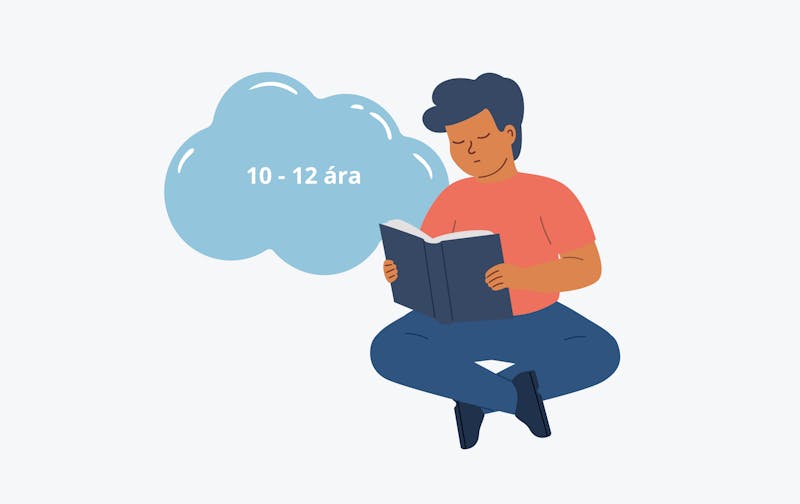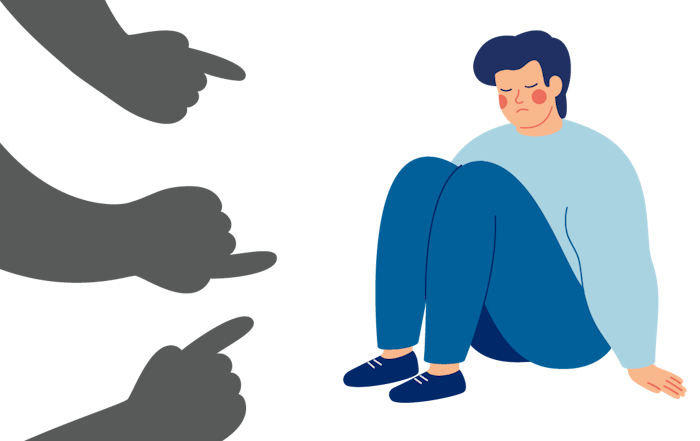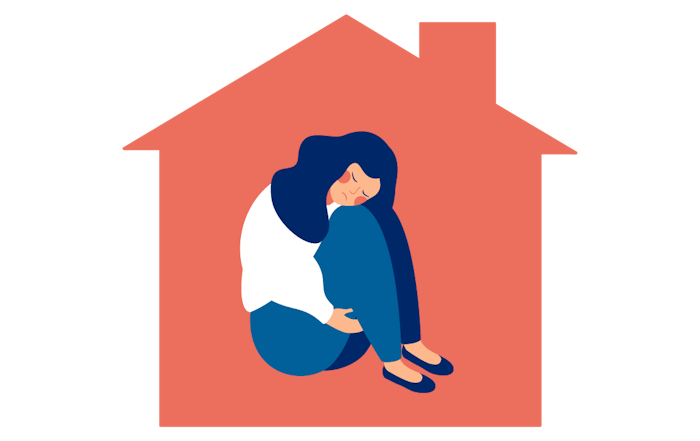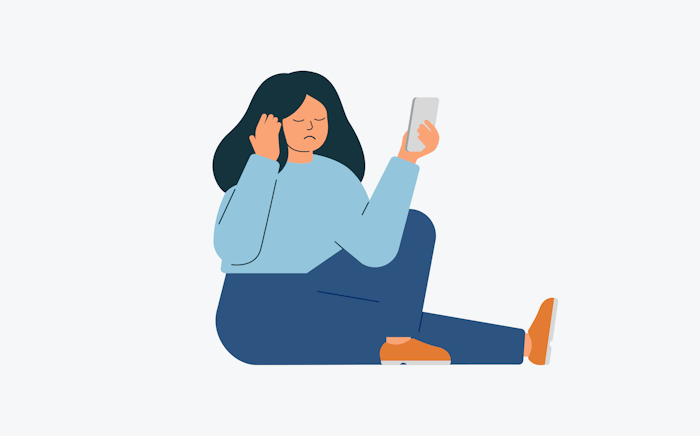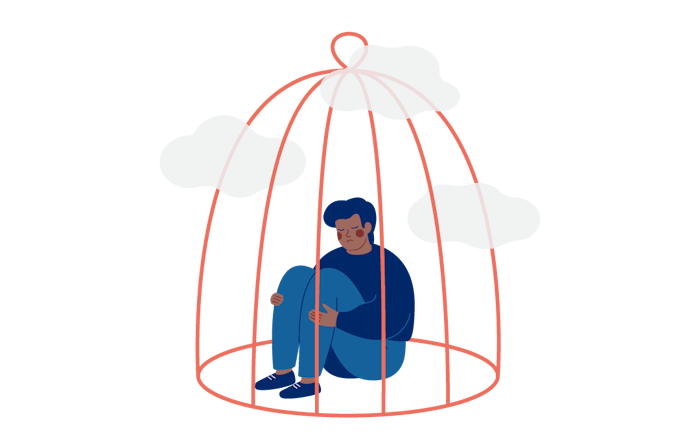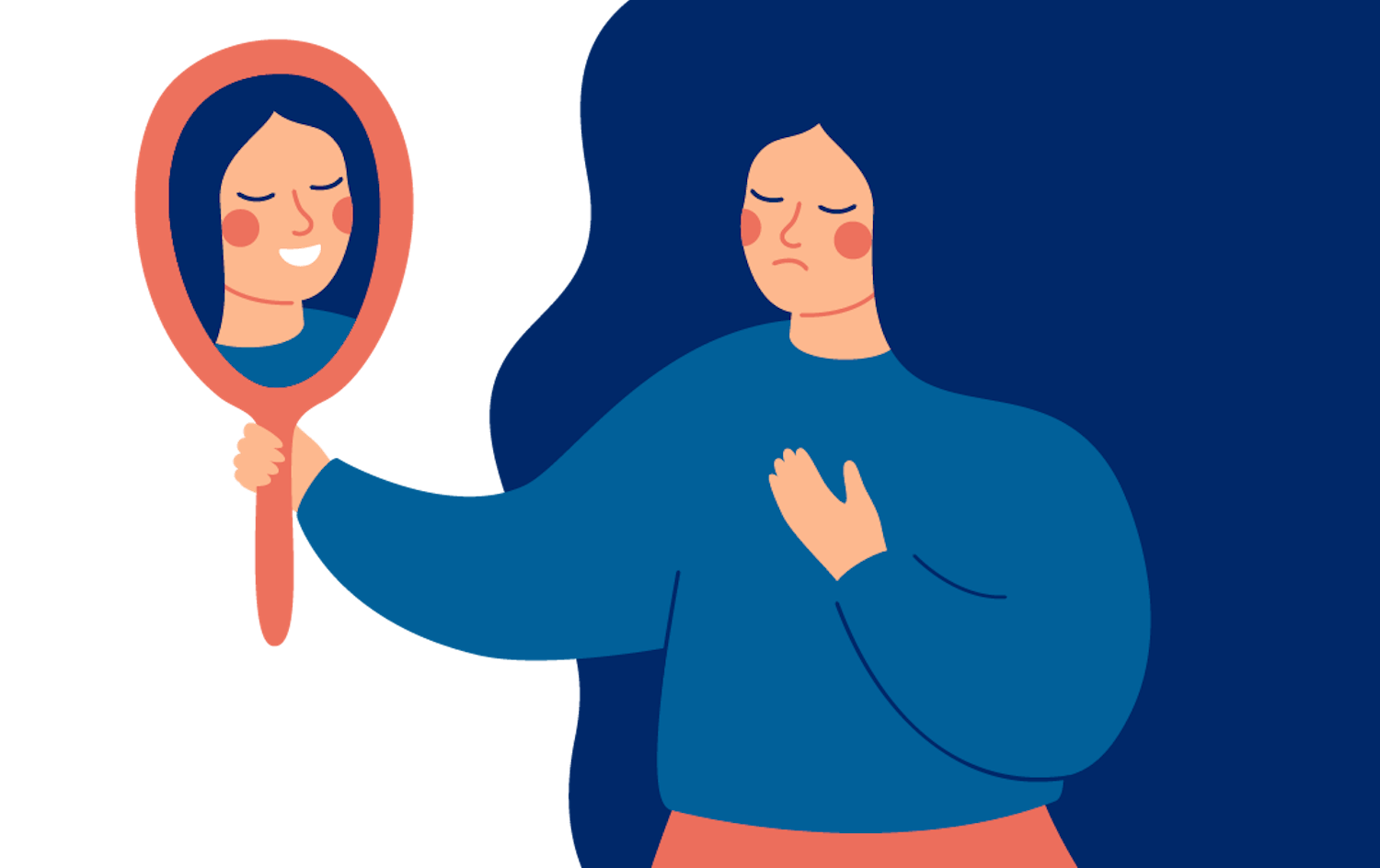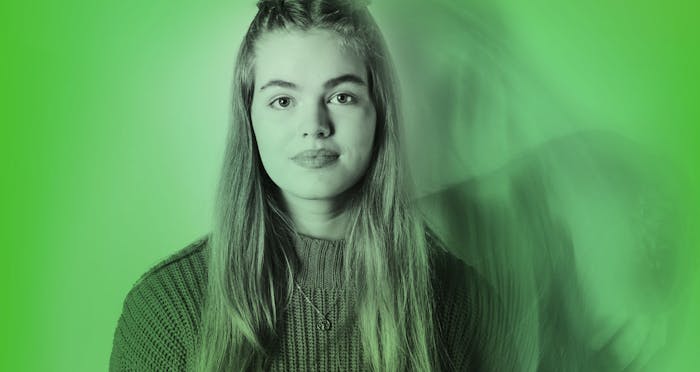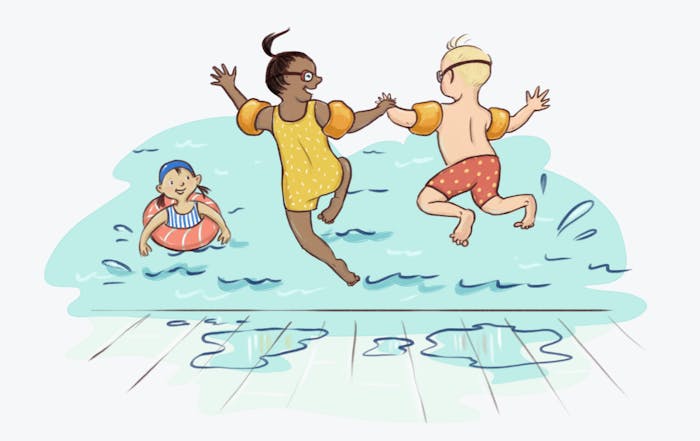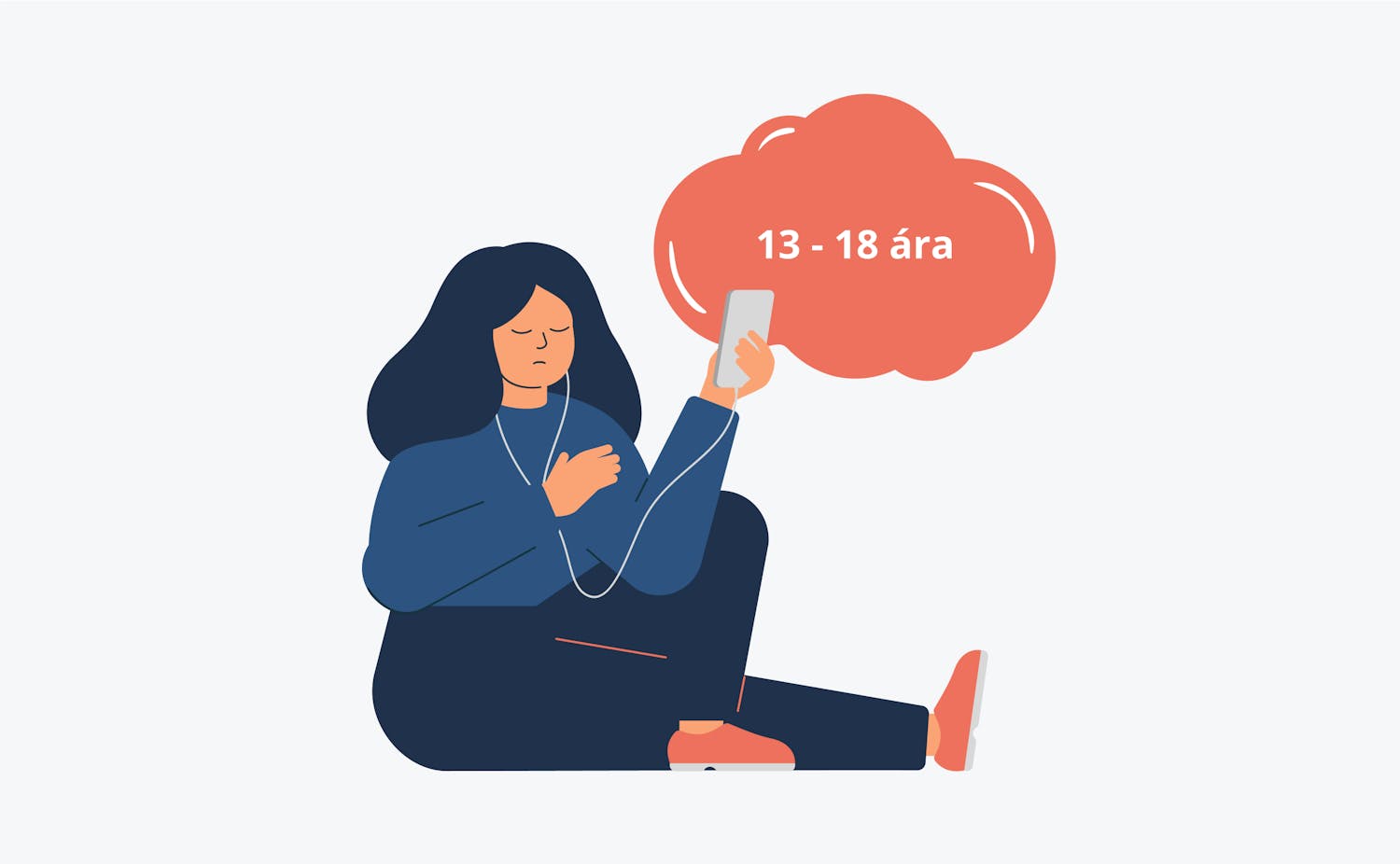No one is allowed to abuse you or others
It can be hard to believe that someone wants to hurt or scare others. But people sometimes do that in order to control other people. That is called abuse. It is never OK to abuse others.
There are many people who can help those who experience abuse, if they tell someone. The people who hurt and injure others can also get help. They aren’t necessarily taken away, but they can get help to change their behaviour.
